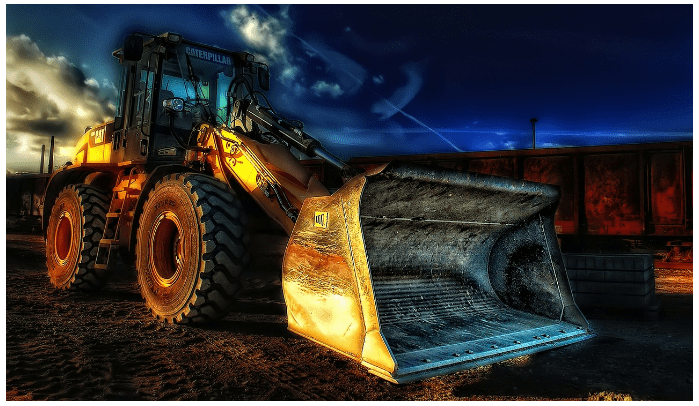
Geotechnical service is an interesting field that many people are curious about.
Here are answers to ten of the most frequently asked and trending questions relating to geotechnical services picked by our technical staff.
What does geotechnical engineering mean?
Simply put, geotechnical engineering is a branch of civil engineering that deals with the engineering behaviour of Earth materials. It is the practical application of geology. It uses principles of soil and rock mechanics to investigate various geological factors and properties mainly to assess if the location and land mass are fit for construction work.
How does it differ from geoengineering?
Geotechnical engineering is a subset or branch of geoengineering.:
 What is a geotechnical engineer’s role?
What is a geotechnical engineer’s role?
Geotechnical engineering involves studying how soils behave when they are influenced by loading forces. It also involves examining how soil interacts with water. The engineer uses this knowledge to design foundations and buildings. They select the optimum sites for highways, railways, and landfill disposals. Geotechnical engineers then lay out the blueprints for future projects and make sure the soil is stable enough to support building construction.
Where is geotechnical engineering used?
Geotechnical engineering is important in civil engineering, military, mining, and petroleum. Engineering disciplines concerned with construction occurring on the surface or within the ground also use geotechnical engineering.
What is a geotechnical investigation?
Geotechnical investigation (also known as a geotechnical survey) involves assessing the physical properties of a site to determine if and how you can use it safely. It is required to be performed before land can be developed or redeveloped. It is also to be done after an earthquake or after cracks emerge. The main purpose is to make sure the land and area are safe to build on.
What is geotechnical instrumentation?
Geotechnical instrumentation is in reference to the instruments or equipment that engineers use for their projects. These tools include soil testers, drills, hammers, hydrometers, pumps, weighing scales, magnifying lenses, and excavation tools.
What is g-force in geotechnical terms?
G-force is the force that gravity exerts on a particular extraterrestrial body. It can also refer to the force of acceleration anywhere. Bodies with larger mass produce greater gravitational fields. Engineers must definitely take g-force into account while designing their structures.What’s a geotechnical report?
The geotechnical report is used to communicate the conditions of the site along with design and construction recommendations. The report may also contain recommendations for the site design, building design, and construction personnel.
What is the Q-system?
The Q-system was developed by Barton, Lien, and Lund to identify rock mass classification. The system expresses the quality of rock mass. The number can range from 0.001 (exceptionally poor) to 1000 (exceptionally good). It is an important factor in deciding whether to build on top of an area or not.
What is geotechnical drilling?
Geotechnical drilling is performed as part of the construction process. It is mainly done for buildings and oil rigs. It is done to analyse whether the site is appropriate for construction. The contractors may drill to collect rock and soil samples or to look at how stable the soil is. It can also be conducted in the search for oils, minerals, gas, or any other valuable resources, or simply for research and to learn about the Earth’s history.